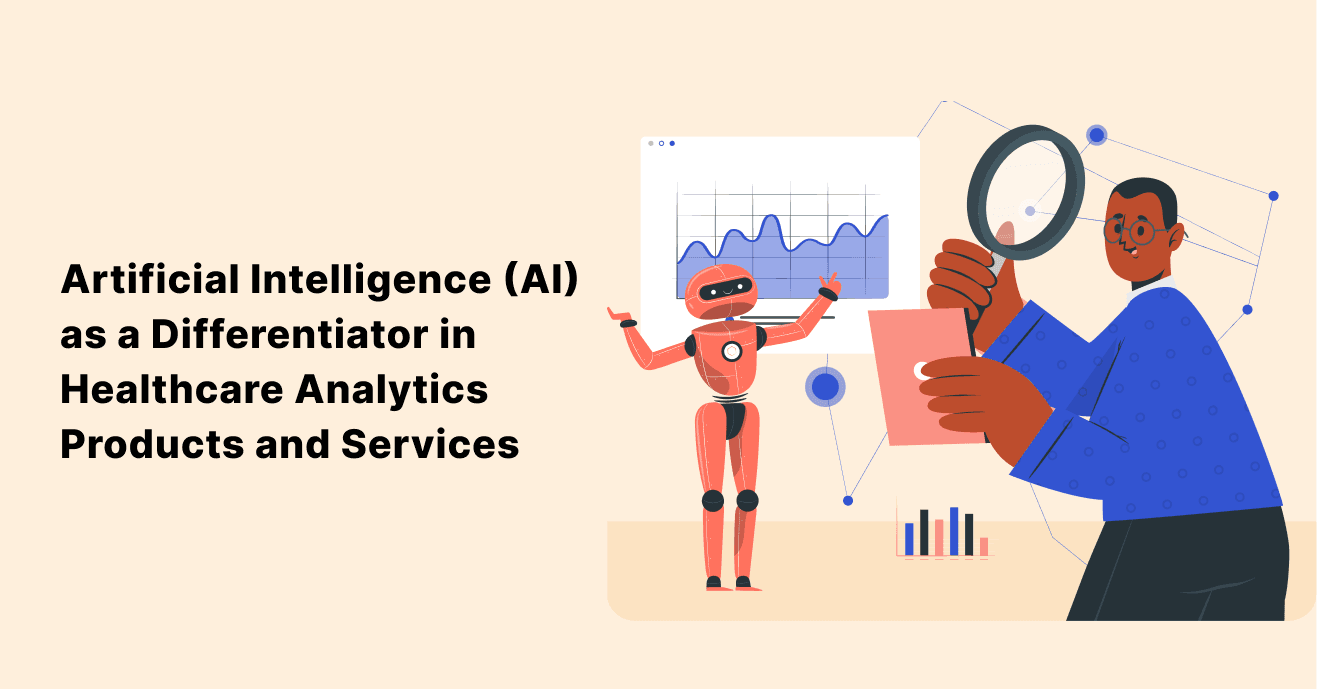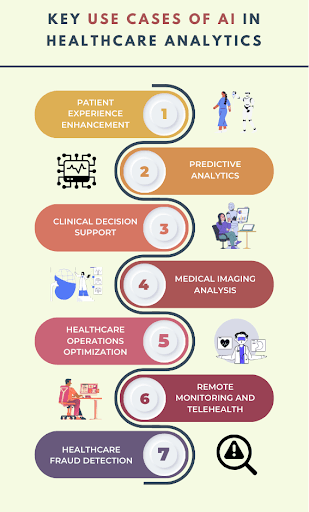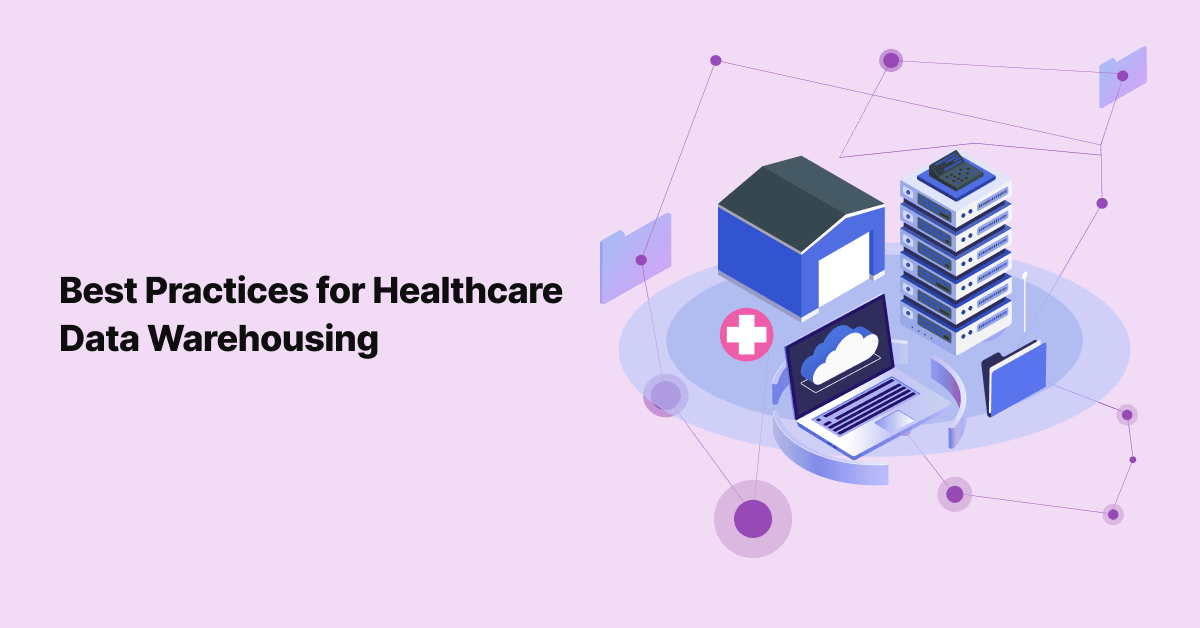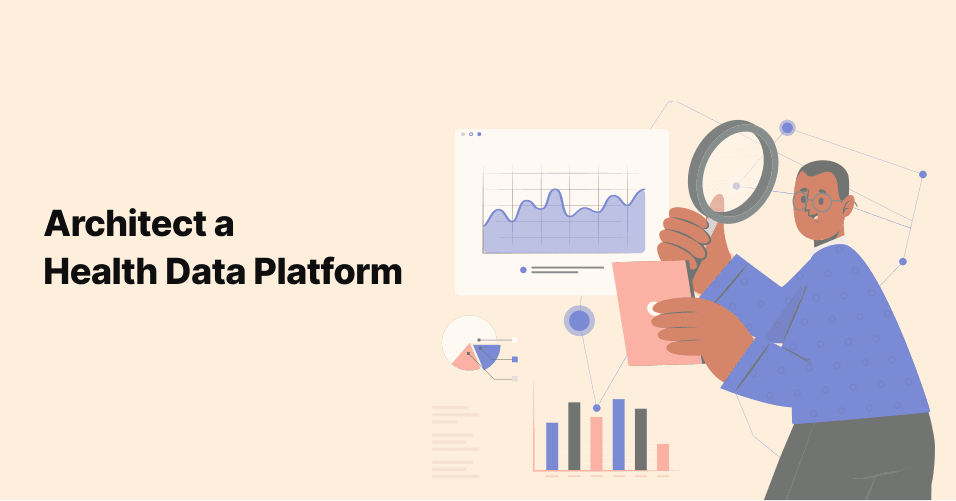
Must-have Healthcare Data Models for Your Health System
As healthcare organizations seek to transform into technology-driven, data-rich entities, there is an …

Artificial Intelligence (AI) is rapidly transforming the modern healthcare landscape, playing a crucial role in reshaping data analysis and enhancing decision-making processes. As healthcare organizations grapple with the challenges of patient care, operational efficiency, and resource management, AI-powered analytics have become essential tools for success.
In this article, we explore the profound impact of AI in healthcare analytics. We'll discuss how AI not only serves as a strategic differentiator but also propels healthcare providers, insurers, and stakeholders towards deeper insights, better patient outcomes, and a more sustainable healthcare system.
Join us as we uncover the pivotal role of AI in driving innovation and efficiency in healthcare, highlighting its potential to revolutionize the industry and improve the quality of care delivered to patients worldwide..
Explore:
AI’s capabilities extend to real-time data analysis, which facilitates immediate decision-making and enables personalized patient care. Furthermore, AI supports the detection of patterns and anomalies that might elude human analysis, leading to early diagnosis and preventive healthcare strategies. Overall, AI in healthcare analytics optimizes resource allocation, improves patient outcomes, and paves the way for a more informed and proactive approach to healthcare.

Here are some key use cases of AI in the healthcare industry:
The quality of healthcare services, the ease of access to information, the efficiency of operations, and the empathy and communication skills of healthcare providers contributes to patient experience. Enhancing patient experience is crucial as it directly influences treatment outcomes, patient retention, and the overall perception of the healthcare institution. Healthcare organizations are constantly exploring ways to use Artificial Intelligence (AI) to improve patient care, reduce costs, and increase operational efficiency.
With the increasing amount of data in the healthcare industry, AI-powered Business Intelligence (BI) and Advanced Analytics have emerged as crucial tools for extracting insights and making informed decisions.
Here is how some of the emerging AI-powered analytics tools help in enhancing patient care:
While AI is the gateway to more enhanced and efficient healthcare analytics, there are several ethical considerations that come with the use of AI. These considerations are paramount and touch upon issues including patient privacy, autonomy, equity, accountability, and transparency.
Here are some of the key ethical considerations to follow:
Addressing these ethical considerations requires collaboration among healthcare professionals, AI developers, policymakers, and other stakeholders to ensure that AI technologies are deployed responsibly and ethically to improve patient care while respecting patient rights and dignity.
Join over 3,200 subscribers and keep up-to-date with the latest innovations & best practices in Healthcare IT.

As healthcare organizations seek to transform into technology-driven, data-rich entities, there is an …

From Electronic Medical Records to billing information, healthcare organizations are collecting more data than …

Analytics that helps understand, explain, and refine business processes is one of the most important use cases …